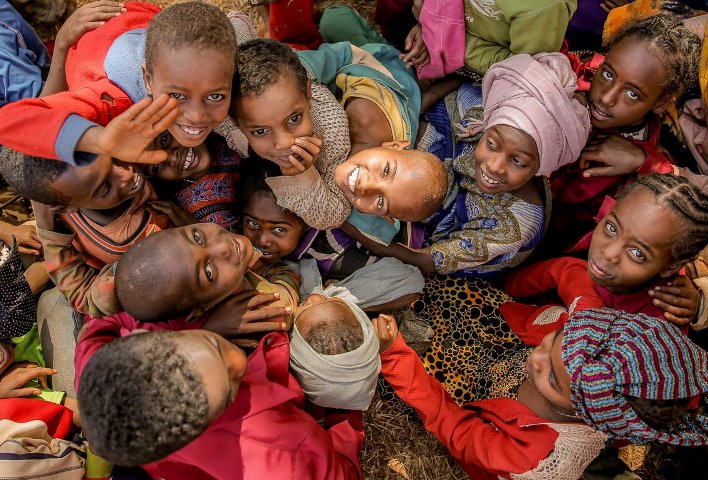Sweden contributes to enable UNICEF to improve Ethiopian's health, wellbeing
“The Government of Sweden is a committed and consistent contributor to UNICEF’s humanitarian appeals for children,” said UNICEF Representative in Ethiopia, Gillian Mellsop.

- Country:
- Ethiopia
- Sweden
The Government of Sweden has today contributed US$ 3.2 million to UNICEF Ethiopia’s 2019 humanitarian appeal for children. The funds will be used to prevent disease outbreaks, treat malnutrition, and ensure the protection of children among internally displaced persons and refugees.
“The Government of Sweden is a committed and consistent contributor to UNICEF’s humanitarian appeals for children,” said UNICEF Representative in Ethiopia, Gillian Mellsop. “Children and women who have been internally displaced or have fled wars in their countries to seek refuge in Ethiopia endure some of the greatest hardships known to humankind. This contribution will enable UNICEF to alleviate their suffering by improving their health and wellbeing.”
As of October 2018, 2.8 million people, including 1.5 million children, had been displaced in Ethiopia and the country was host to 920,000 refugees and asylum seekers.
Sweden’s financial contribution will enable UNICEF to undertake these activities:
• Detect and treat severe acute malnutrition in children;
• Prevent and treat diseases by providing essential medicines, strengthening health response systems, and improving the skills of health professionals;
• Build resilient water and sanitation infrastructure; and
• Expand access to quality education for school-aged children.
UNICEF Ethiopia’s total humanitarian appeal for 2019 is pegged at US$ 124.1 million and aims to reach 3.7 million people, including 2 million children.
(With Inputs from APO)
ALSO READ
I assure refugees like Matuas who took shelter in India due to religious persecution need not worry: Modi at Malda rally.
WHO Releases Updated Global Framework to Modernize Foodborne Disease Surveillance and Prevent Outbreaks
AI-Powered Human Body Replica Revolutionizes Disease Detection at Bhopal Conference
Chilling Effects: Autoimmune Disease Surges in Cold and Pollution
Rising Trend: Respiratory Disease Deaths Surge in Delhi










